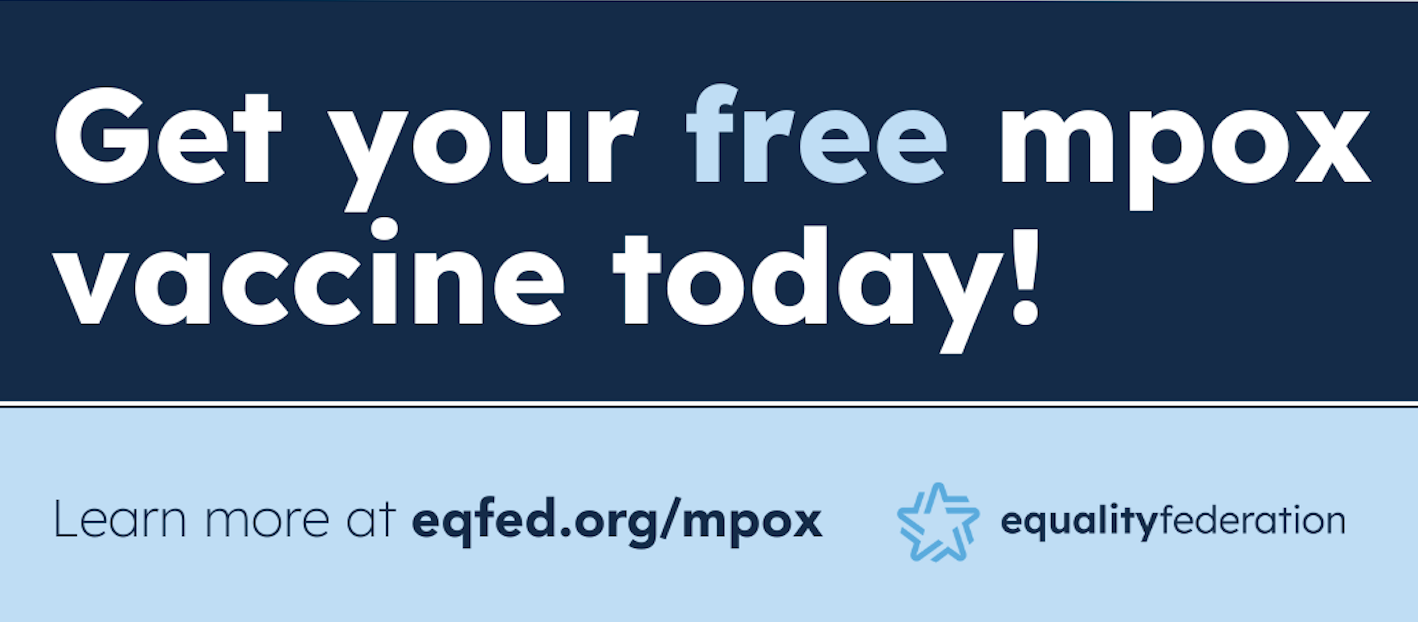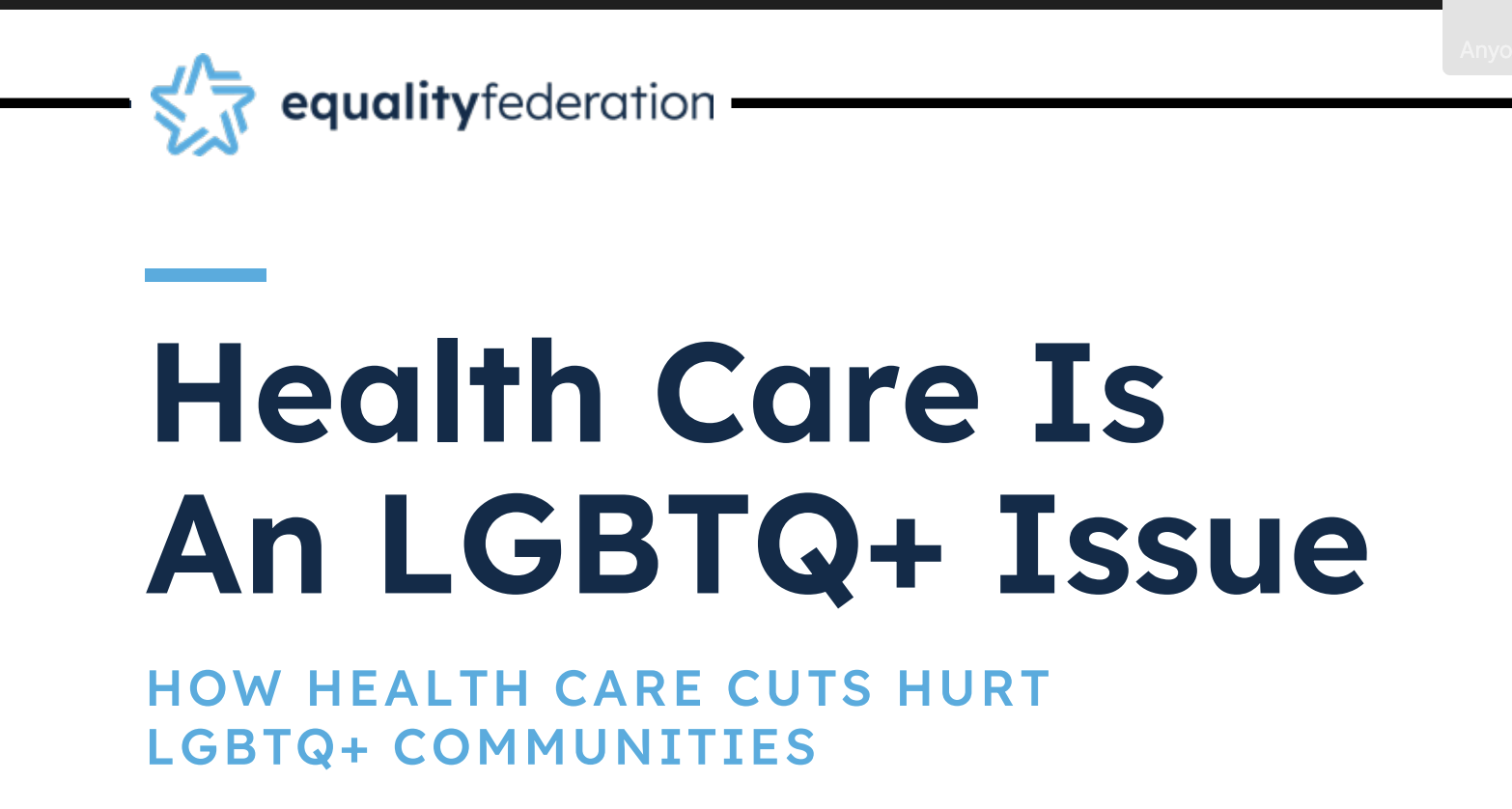Request for Information from The Department of Health and Human Services in Promoting Equal Health Care for LGBT Individuals via Section 1557 of the ACA

The implementation of the Affordable Care Act (ACA) brings about new questions and concerns for the LGBT community and access to healthcare. For this reason, the Department of Health and Human Services (HHS) has called for information regarding the necessary inclusion of gender identity and sexual orientation-based discrimination under the sex-based nondiscrimination protections included in Section 1557.
Section 1557 of the Patient Protection and ACA prohibits discrimination on the basis of race, color, national origin, sex, age, or disability in certain health programs and activities, and Section 1557(c) of the ACA authorizes the Secretary of the HHS to promulgate regulations to implement the nondiscrimination requirements in Section 1557.
Discrimination has touched the lives of many LGBT people at all points in the health care system – from being unable to access insurance coverage, to outright refusals to provide care, to verbal and physical abuse at the hands of medical professionals. For this reason, Section 1557 of the ACA must include initiatives to promote equal access to health care to LGBT people.
The HHS needs your comments regarding the following issues:
- experiences with, and examples of, discrimination in health programs and activities.
- examples of the types of programs and activities that should be considered health programs or activities under Section 1557 and why?
- the impacts of discrimination
- how do we ensure access to health programs and activities for individuals with limited English proficiency (LEP)?
- what unique issues, burdens, or barriers for individuals or covered entities should we consider and address in developing a regulation that applies a prohibition of sex discrimination in the context of health programs and activities?
- what are the benefits and barriers encountered by people with disabilities in accessing electronic and information technology in health programs and activities?
- Section 1557 incorporates the enforcement mechanisms of Title VI, Title IX, Section 504 and the Age Act. How effective have these different processes been in addressing discrimination?

%20(2).jpg)



.jpg)
.jpg)
.jpg)
.jpg)
.jpg)
